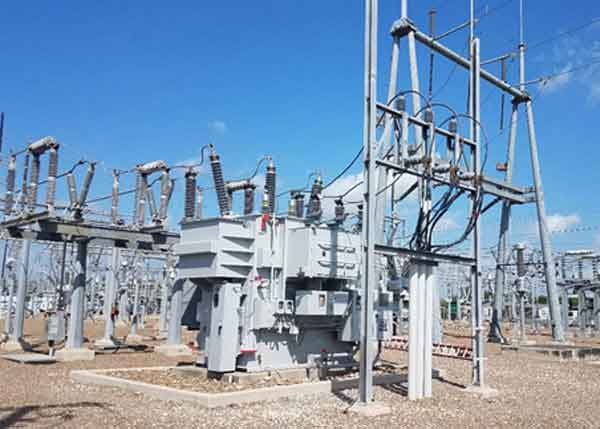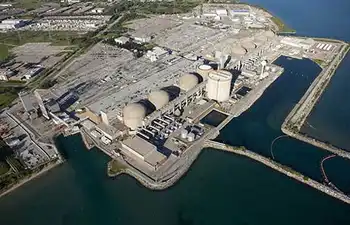Energy future depends on renewable incentives
By St. Petersburg Times
Protective Relay Training - Basic
Our customized live online or in‑person group training can be delivered to your staff at your location.

- Live Online
- 12 hours Instructor-led
- Group Training Available
Such sound bites might be politically appealing, but it would be tragic if election-year opportunism distracted state policymakers from discussing the serious challenges they need to address for Florida to have a sustainable energy future.
No doubt, the U.S. addiction to fossil fuels is a problem that needs to be addressed - for energy independence, energy security and out of concern for climate change. Florida in particular has an obligation to come up with some solutions, given that we are a state that currently consumes far more energy than we produce. But in energy policy there are no easy solutions.
States that have been successful in beginning to move away from fossil fuels have made long-term commitments to a sustainable energy future. Such commitments must be something more than a reaction to the latest crisis. A proactive energy policy must include credible commitments to private investors and consumers over the next decade or more.
To begin, we must commit to our lowest carbon base load power option: nuclear as a source of electricity. The state of Florida must allow its utilities to build new-generation nuclear plants by guaranteeing planning and construction cost recovery in the face of the regulatory delays that are contributing to escalating costs for new nuclear plants. Nuclear facilities are notoriously expensive, but per kilowatt hour nuclear remains one of the most promising options for Florida as utilities in the state seek to wean themselves away from petroleum and oil in a carbon-constrained future.
The state of Georgia has begun moving down this path, and as a regional neighbor Florida needs to as well. The potential for cost overruns is a concern, and ratepayers and taxpayers should not bear 100 percent of the risk of inflated costs, but without a commitment to allow utilities to recover a significant portion of the planning and construction cost for new nuclear facilities, Florida's energy future will continue to remain heavily dependent on fossil fuels.
The Legislature also needs to commit to conservation and efficiency. The state's track record is mixed, at best. Energy efficiency requirements for new buildings do little to reduce energy consumption when construction has slowed to a relative halt. The state must adopt new incentives to induce more efficient behaviors and investments in the current economy. For example, the state can provide corporate tax incentives for employers to encourage employees to use public transportation, or free parking for employees who carpool. The state might also commit to allowing utilities to provide rate rebates over 36 months for consumers who install energy-efficient roofing systems such as reflective shingles, solar panels, or solar cooling fans, solar water heaters, or more energy-efficient doors and windows.
Every utility in the state should either be required to immediately offer its customers a smart metering option, allowing real-time access to information about usage and rates, or should be willing to open up metering to private, non-utility companies who can provide this service to customers. Without such commitments, consumer behavior and efficiency will not improve.
Perhaps the biggest commitment the state needs to make is to build an energy infrastructure to serve a sustainable energy economy. Renewable energy projects will require expansion of the transmission and distribution grid as well as load management to accommodate new renewable facilities. States that have made such investments, like Texas, have far exceeded their ambitious renewable power requirements. Manufacturers of renewable technologies such as solar panels need to see a long-term commitment by the state to their future before they will consider building plants in the state. A simple renewable energy mandate or goal will not accomplish this unless it is backed up by new incentives and subsidies for green manufacturers.
Electric vehicles are estimated to require billions of dollars in new infrastructure over time, including home, highway rest stop and workplace charging stations. Larger scale sustainable energy projects, such as solar thermal plants, algae carbon sequestration, and biofuel plants, will also take a serious long-term commitment. Without credible commitments from the Legislature, private investments will not be made in Florida and will flow to other states.
If anything, the Florida Legislature needs to be proactive. The stakes for our energy future are too high to allow sound bites to distract policymakers. If the state does take up the issue of energy in a special legislative session, let's hope we have a serious discussion about the challenges we face and commitments we must make for Florida's energy future.











